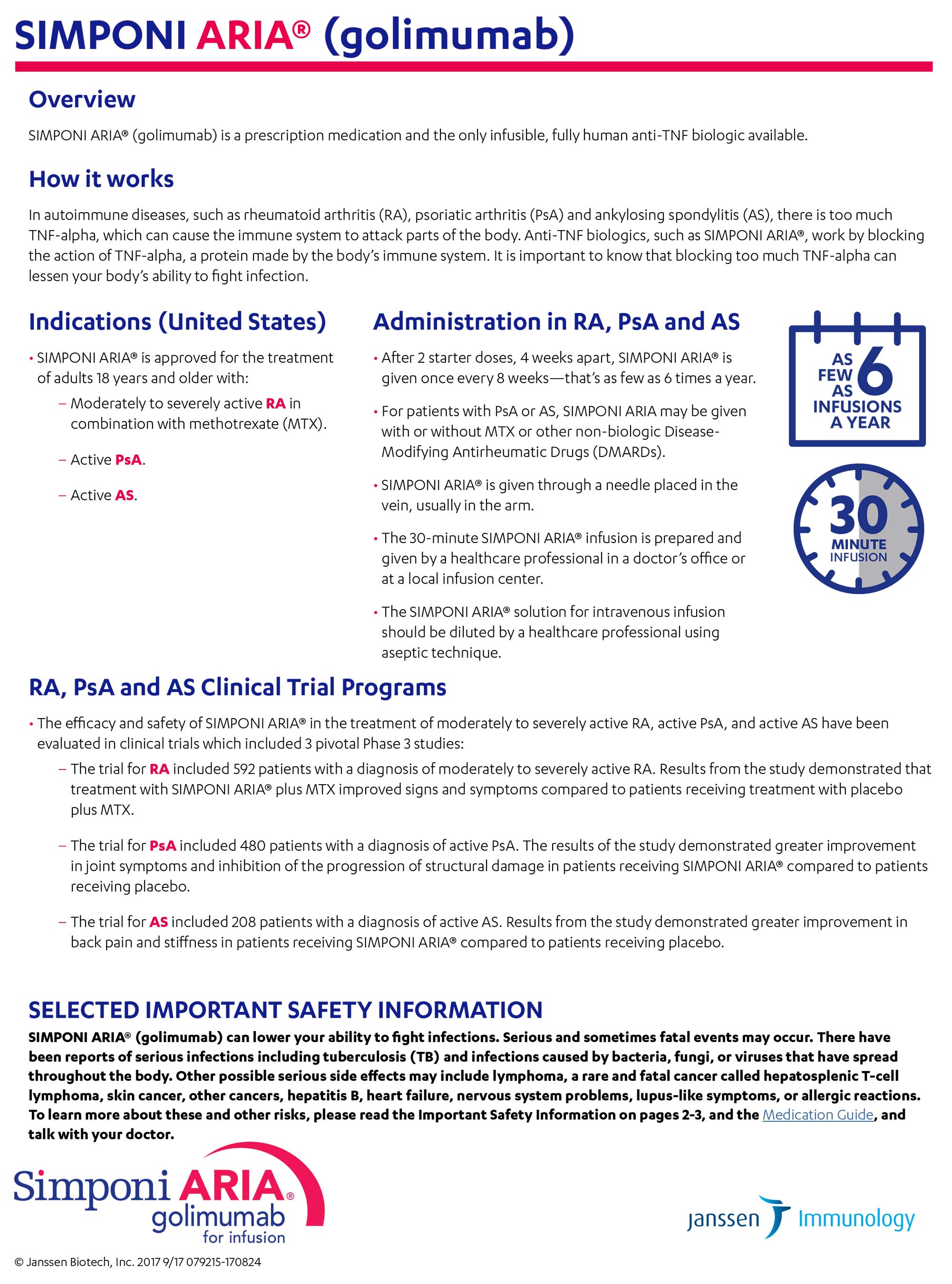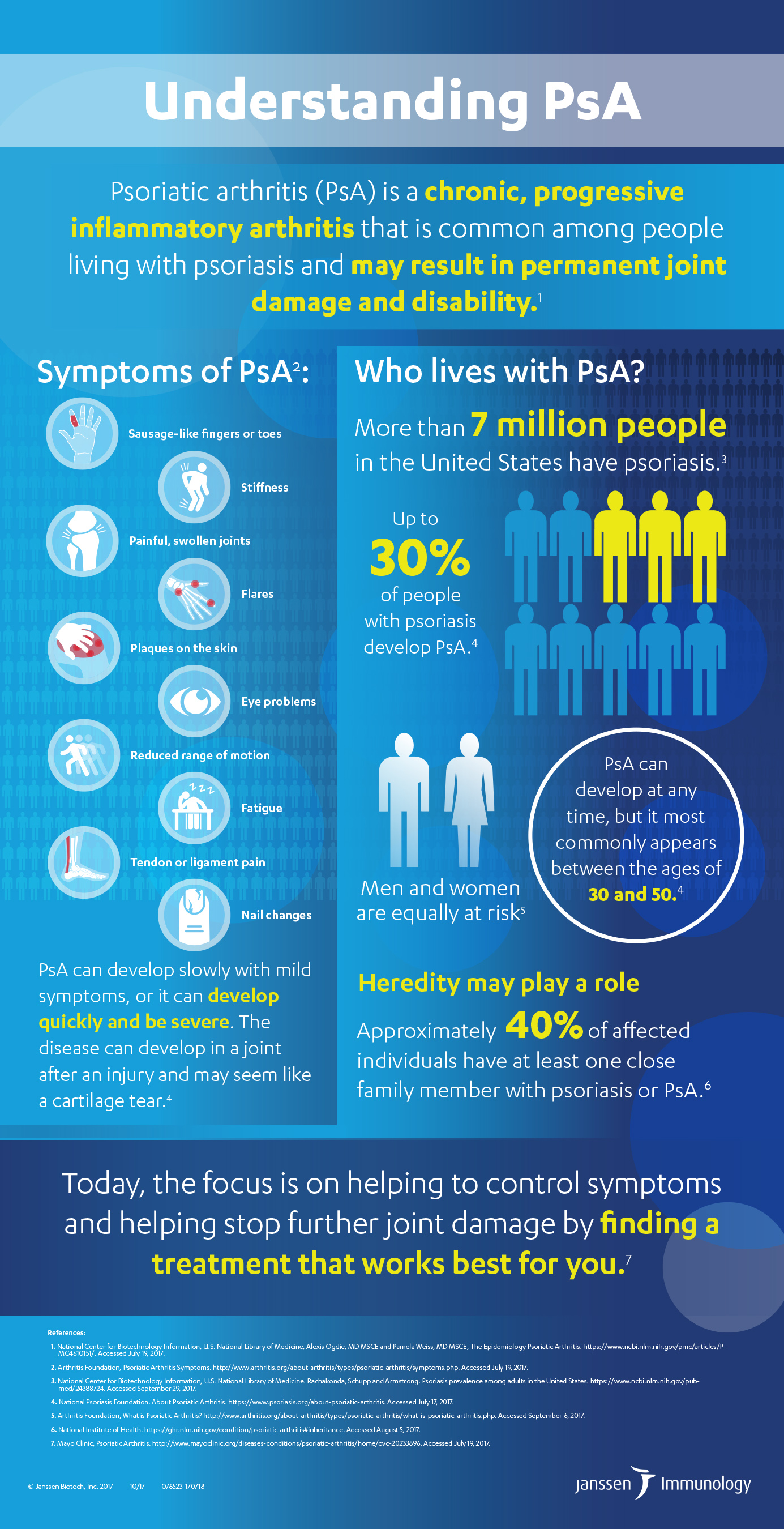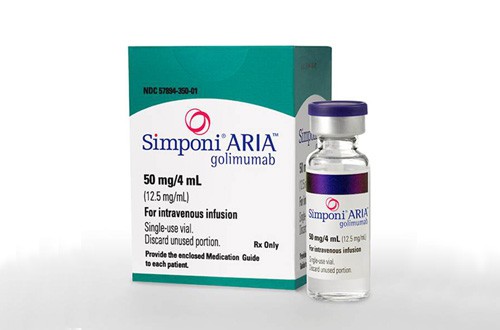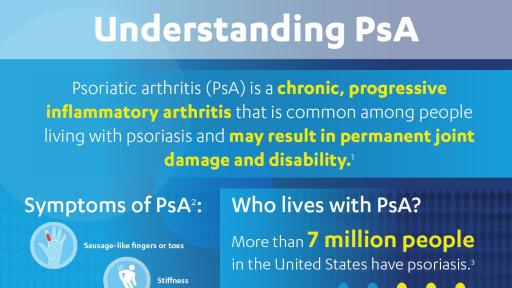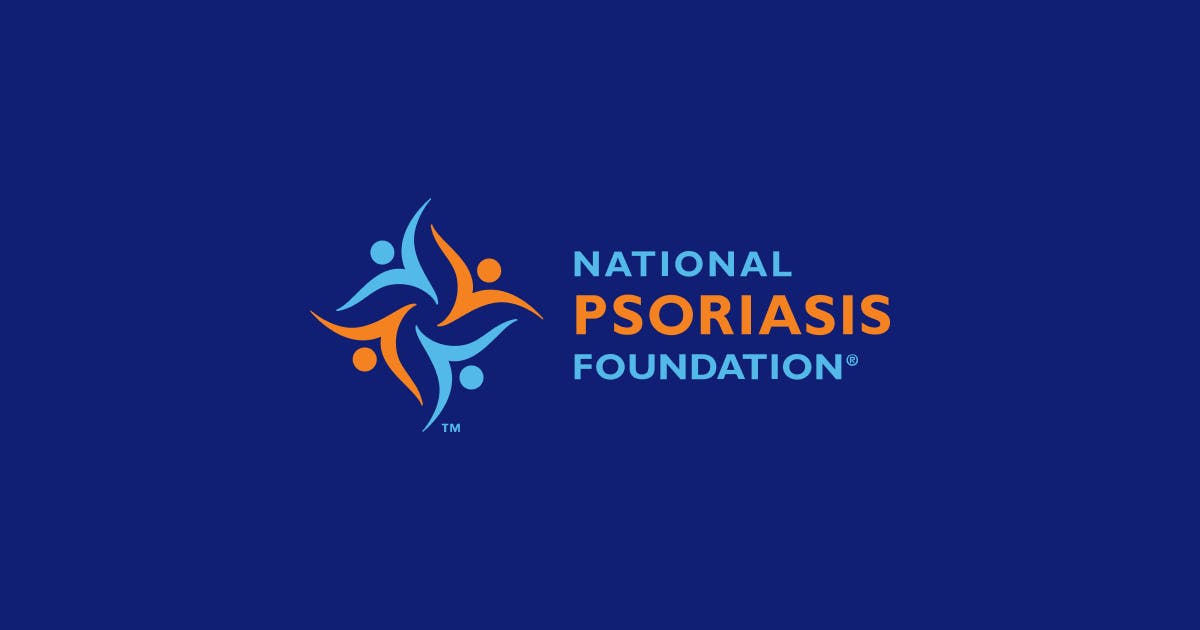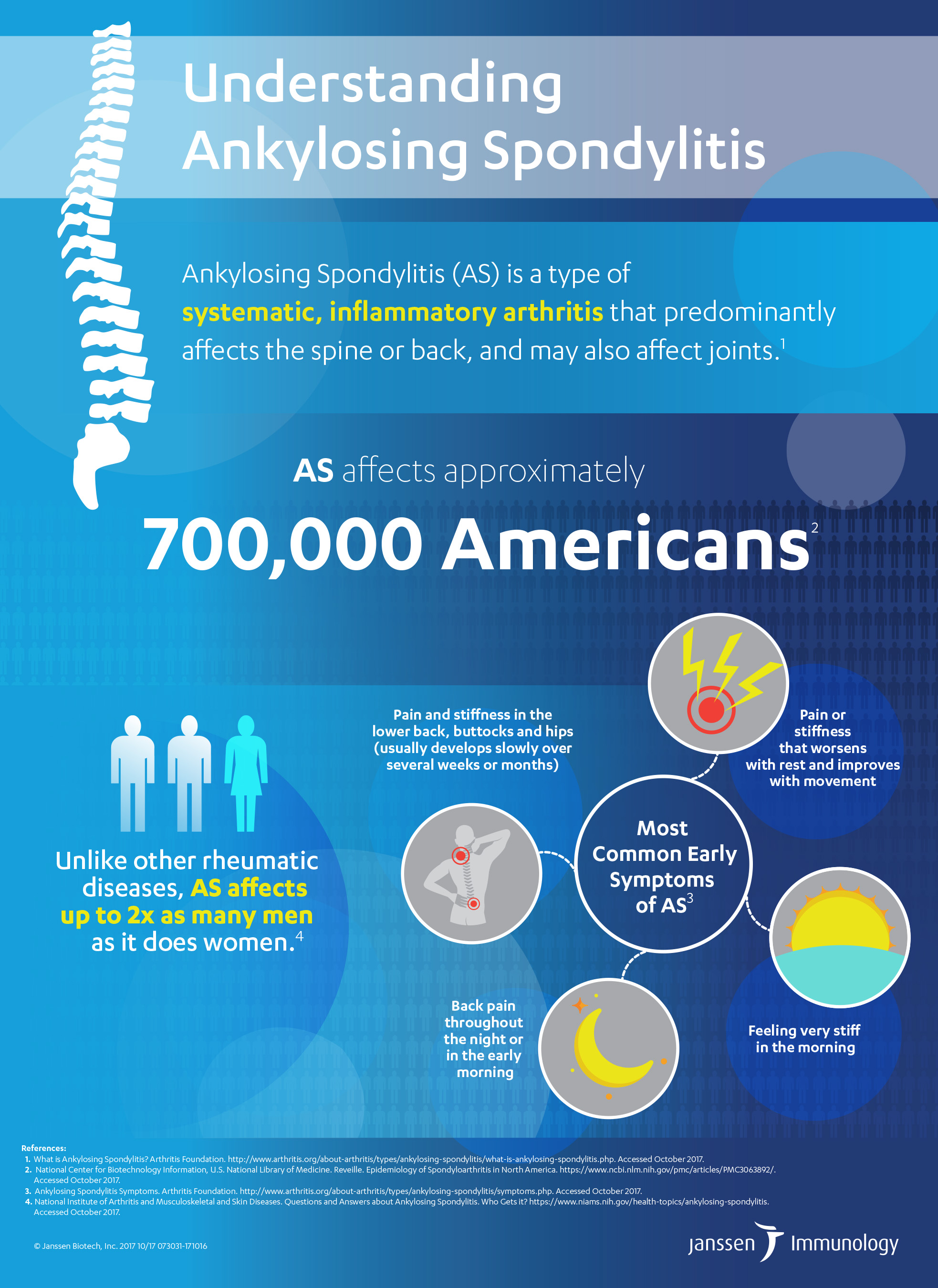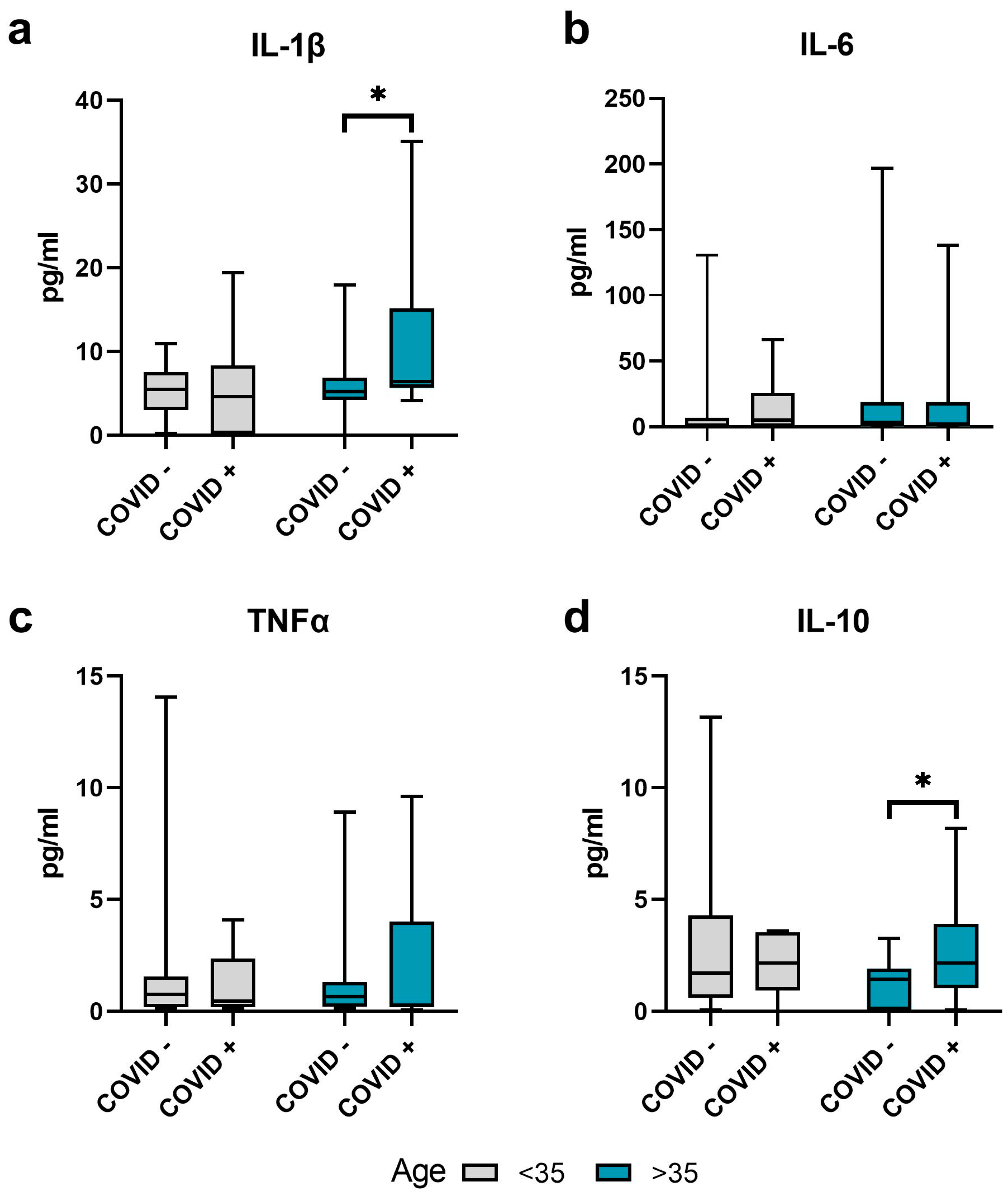Covid 2024 While On Simponi Aria

The convergence of a persistent COVID-19 virus, now evolving into various subvariants in 2024, and the continued use of immunosuppressant medications like Simponi Aria (golimumab) presents a complex challenge for patients and healthcare providers. Individuals using Simponi Aria to manage autoimmune conditions such as rheumatoid arthritis, psoriatic arthritis, and ulcerative colitis face heightened concerns regarding their susceptibility to severe COVID-19 outcomes.
This article examines the specific risks associated with COVID-19 infection in patients on Simponi Aria, explores current medical guidance and research findings, and outlines strategies for risk mitigation and management. It will also consider the broader implications for immunocompromised individuals as the pandemic enters a new phase.
Understanding the Risks
Simponi Aria is a TNF-alpha inhibitor, a type of biologic drug that suppresses the immune system to reduce inflammation. While effective in treating autoimmune diseases, this immunosuppression can weaken the body's ability to fight off infections, including COVID-19.
Studies have consistently shown that individuals on immunosuppressants are at a higher risk of severe COVID-19 outcomes, including hospitalization, ICU admission, and death. The precise degree of risk associated with Simponi Aria specifically is still under investigation, with ongoing research aiming to quantify the increased vulnerability.
Older adults and those with co-morbidities such as diabetes, heart disease, or lung disease face an even greater risk when on immunosuppressants and contracting COVID-19. Vaccination status plays a crucial role in modulating this risk.
Current Medical Guidance
Major medical organizations, including the Centers for Disease Control and Prevention (CDC) and the American College of Rheumatology (ACR), have issued guidance for managing immunocompromised patients during the COVID-19 pandemic. These guidelines emphasize the importance of vaccination, pre-exposure prophylaxis, and early treatment.
The CDC recommends that immunocompromised individuals receive all recommended COVID-19 vaccine doses, including updated boosters designed to target current variants. They also advise those on medications like Simponi Aria to consult with their healthcare providers about the potential need for additional precautions, such as masking in indoor settings.
The ACR recommends individualized risk assessments for patients on immunosuppressants, considering factors such as disease activity, co-morbidities, and community transmission rates. They also provide guidance on adjusting or temporarily suspending immunosuppressant medications in certain situations, although this decision must be made in consultation with a rheumatologist or other specialist.
Research Findings and Emerging Data
Recent studies continue to shed light on the impact of immunosuppressant medications on COVID-19 outcomes. A study published in the Journal of the American Medical Association (JAMA) found that TNF inhibitors, including Simponi Aria, were associated with a significantly increased risk of severe COVID-19 in patients with rheumatoid arthritis.
However, other research suggests that the risk may vary depending on the specific TNF inhibitor and the patient's overall health status. Some studies have found that the risk is higher with combination therapy (using multiple immunosuppressants) compared to monotherapy (using a single immunosuppressant).
Emerging data also highlight the importance of variant-specific protection. The effectiveness of vaccines and monoclonal antibody treatments may be reduced against certain COVID-19 variants, underscoring the need for ongoing surveillance and adaptation of treatment strategies.
Risk Mitigation and Management Strategies
For individuals on Simponi Aria, a proactive approach to risk mitigation is essential. This includes strict adherence to vaccination schedules, frequent handwashing, and avoiding close contact with individuals who are sick.
Patients should also discuss the possibility of pre-exposure prophylaxis with their healthcare providers. Evusheld, a monoclonal antibody combination, was previously authorized for pre-exposure prophylaxis in immunocompromised individuals, but its effectiveness against newer variants has been limited. New pre-exposure options are in development.
Early treatment with antiviral medications, such as Paxlovid, is crucial for preventing severe COVID-19 outcomes. However, drug interactions between Paxlovid and certain immunosuppressants need to be carefully considered.
Telehealth appointments can provide a safe and convenient way for patients on Simponi Aria to receive medical care and monitor their condition without exposing themselves to potential infection risks. Regular communication with healthcare providers is vital for managing risks and adjusting treatment plans as needed.
Patient Perspectives
Many patients on Simponi Aria express concerns about the increased risk of COVID-19 and the potential need to modify their treatment regimens. Some individuals have reported feeling anxious about contracting the virus and experiencing severe complications.
"It's a constant worry," says Sarah Miller, a rheumatoid arthritis patient on Simponi Aria. "I'm grateful for the medication that helps me manage my arthritis, but I'm also scared of getting COVID."
Others have found ways to adapt their lifestyles and minimize their risk of infection. This includes wearing masks in public places, avoiding large gatherings, and staying informed about the latest COVID-19 guidelines. Support groups and online forums can provide a valuable platform for patients to share their experiences and learn from one another.
Healthcare providers play a critical role in addressing patient concerns and providing reassurance. Open communication, shared decision-making, and personalized treatment plans are essential for fostering trust and empowering patients to manage their health effectively.
Looking Ahead
As the COVID-19 pandemic continues to evolve, ongoing research is needed to better understand the long-term impact of the virus on immunocompromised individuals. This includes studying the effectiveness of vaccines and treatments against emerging variants, as well as investigating the potential for long COVID in this vulnerable population.
The development of new and improved COVID-19 therapies is crucial for protecting individuals on immunosuppressants. This includes exploring novel antiviral medications, monoclonal antibodies, and other immune-modulating agents.
Ultimately, a comprehensive approach that combines vaccination, early treatment, and personalized risk management strategies is essential for mitigating the risks associated with COVID-19 in patients on Simponi Aria and other immunosuppressant medications. Continued vigilance and collaboration between patients, healthcare providers, and researchers are paramount for safeguarding the health and well-being of this vulnerable population.
